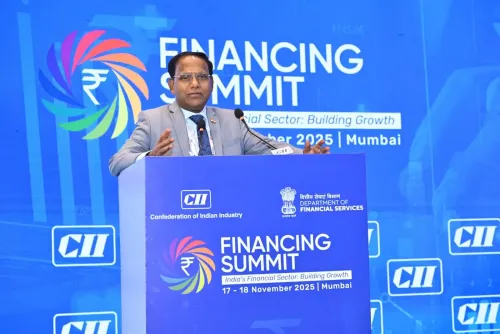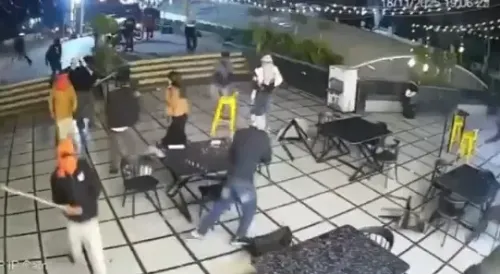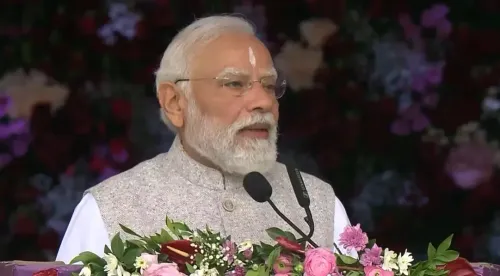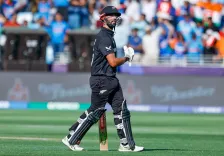Did the Delhi HC Dismiss an FIR Against an Advocate for Breaking Covid Protocols?
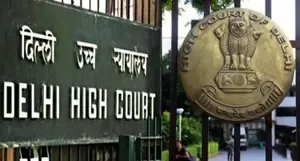
Synopsis
Key Takeaways
- The Delhi High Court quashed the FIR against the advocate.
- Continuing legal proceedings were deemed oppressive.
- The case highlights individual rights during health crises.
- The ruling does not undermine public health enforcement.
- Petitioner acted responsibly by offering a donation.
New Delhi, Nov 19 (NationPress) The Delhi High Court has dismissed an FIR against an advocate who was charged during the COVID-19 lockdown for allegedly leaving his home without wearing a mask.
Stating that pursuing the case would be “oppressive” and a misuse of legal proceedings, a single-judge Bench led by Justice Sanjeev Narula quashed the FIR filed at the Vasant Kunj (South-West) police station under Section 188 IPC in 2020 for purportedly breaching a Section 144 CrPC directive requiring face masks in public places.
The lower court had previously dismissed the charge under Section 269 IPC, noting a “lack of evidence” suggesting that the Petitioner was COVID-positive.
The advocate's attorney argued that the FIR lacked a “lawful basis”, stressing that he only stepped outside to the gate of his home.
He further noted that “during the early stages of the pandemic, guidelines were often changing and overlapping, and a brief appearance at one’s gate without a mask should not reasonably be construed as a violation of an order under Section 144 of CrPC.”
Moreover, it was argued that the complaint under Section 195 CrPC did not specify the order allegedly violated or provide any evidence showing the petitioner’s awareness of it.
In contrast, the Delhi Police contended that the mask order issued on April 15, 2020, was “properly enacted, broadly disseminated, and in effect”, asserting that as a practicing advocate, the petitioner “should have been aware” of it.
They claimed that his presence outside without a mask constituted disobedience of a legal order. Justice Narula found that the record did not support the legal requirements necessary to uphold a charge under Section 188 IPC, emphasizing that the petitioner was not involved in any gathering or situation that posed a public risk.
“This provision is not designed to penalize every minor infraction but rather to address conduct that obstructs authority or threatens public order or safety,” the Delhi High Court remarked, stating that the alleged action was on the “fringes of the issue intended to be addressed.”
Labeling the continuation of the case “disproportionate,” Justice Narula stated it “would be oppressive and would not further public health objectives.”
During the proceedings, the petitioner offered to contribute Rs 10,000 to the Delhi Police Welfare Fund “as a sign of civic duty, without acknowledging any guilt.”
The Delhi High Court accepted this offer and ordered the deposit to be made within four weeks.
Allowing the petition, the Delhi HC directed: “The challenged FIR No. 0150/2020 at P.S. Vasant Kunj (South-West) and all subsequent actions are annulled.”
Clarifying that its ruling should not be interpreted as undermining enforcement capabilities, it added: “Nothing in this order should be construed as weakening the State’s authority to enforce lawful public health directives in suitable circumstances.”

